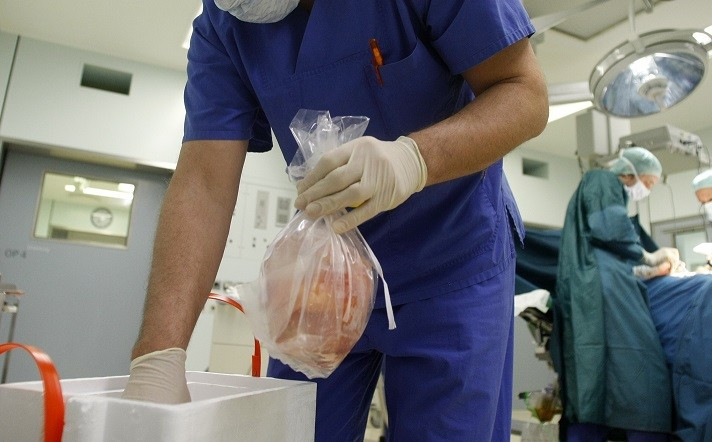Organ transplant list in the US favours the rich over those most in need

Patients who have the financial clout to register with more than one organ transplant centre in the US – where medical care is not free – are more likely to receive the operation over the patients who are in most need, research has found. Health insurance in the US does not cover travel, temporary housing and other costs of multiple listing that can rack up costs in an already pricey healthcare system.
Researchers from the Columbia University Medical Center in New York analysed the national database of organ donors from 2000 to 2013 and found that those who listed at more than one centre were more likely to get the transplant, were less likely to die while waiting, were typically wealthier and more likely to be insured.
Lead author Raymond Givens said: "It's an effective approach to address long waiting times and the shortage of organs available for the increasing demand among transplant candidates. But it undermines a bedrock principle of organ transplantation - which is that the sickest people should be transplanted first. We firmly believe the multiple listing policy needs to be reconsidered."
The team identified 2% of the 33,298 people waiting for a heart transplant as being multiple listed, 3.4% of the 24,633 waiting for a lung transplant, 6% of the 103,332 waiting for a liver transplant, and 12% of the 223,644 patients waiting for a kidney transplant, according to the research presented at the American Heart Association's Scientific Sessions 2015. Givens added that patients who receive state-run Medicaid generally have lower incomes and therefore may not be able to register at centres in other states due to the costs.
He concluded: "The main issue is supply and demand. The need for donor organs increases yearly; the supply does not. We really need more people to volunteer to donate their organs. That would relieve a lot of the strain on these inequalities. From a policy perspective, there is a need to redesign the system of organ allocation to ensure fairer access."
© Copyright IBTimes 2025. All rights reserved.






















